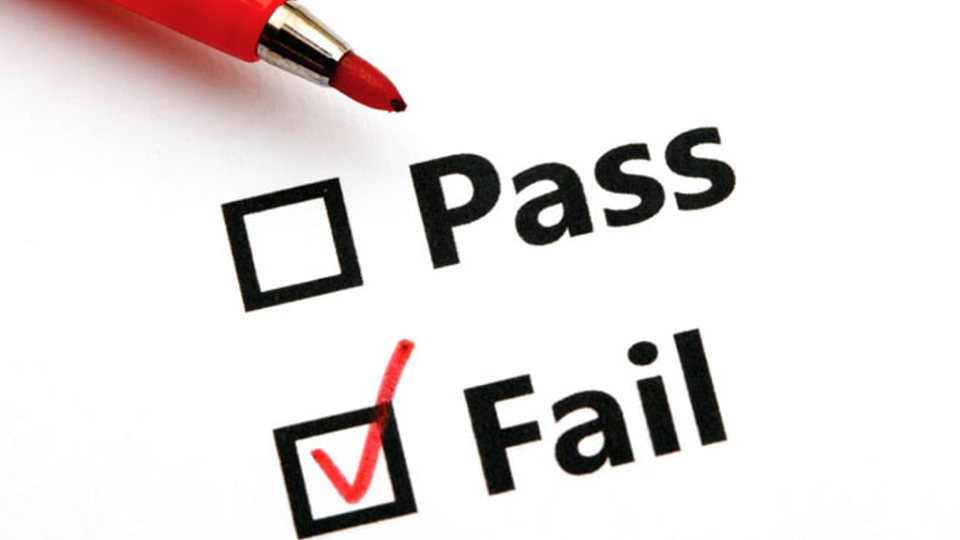Common Types of Failure and Their Hidden Benefits
Professional failures often stem from taking calculated risks, pushing boundaries, or attempting innovative solutions. These setbacks provide invaluable market feedback, reveal gaps in strategy, and highlight areas for skill development. Many successful entrepreneurs credit their early business failures as the foundation for their later achievements.
Personal failures in relationships, health goals, or creative pursuits teach us about our values, limitations, and authentic desires. They force us to reassess our priorities and develop emotional resilience. The vulnerability that comes with personal failure often leads to deeper self-awareness and more meaningful connections with others.
Academic and learning failures help us understand our optimal learning styles, identify knowledge gaps, and develop better study strategies. Students who experience academic setbacks often develop stronger problem-solving skills and greater persistence than those who never face challenges in their educational journey.




